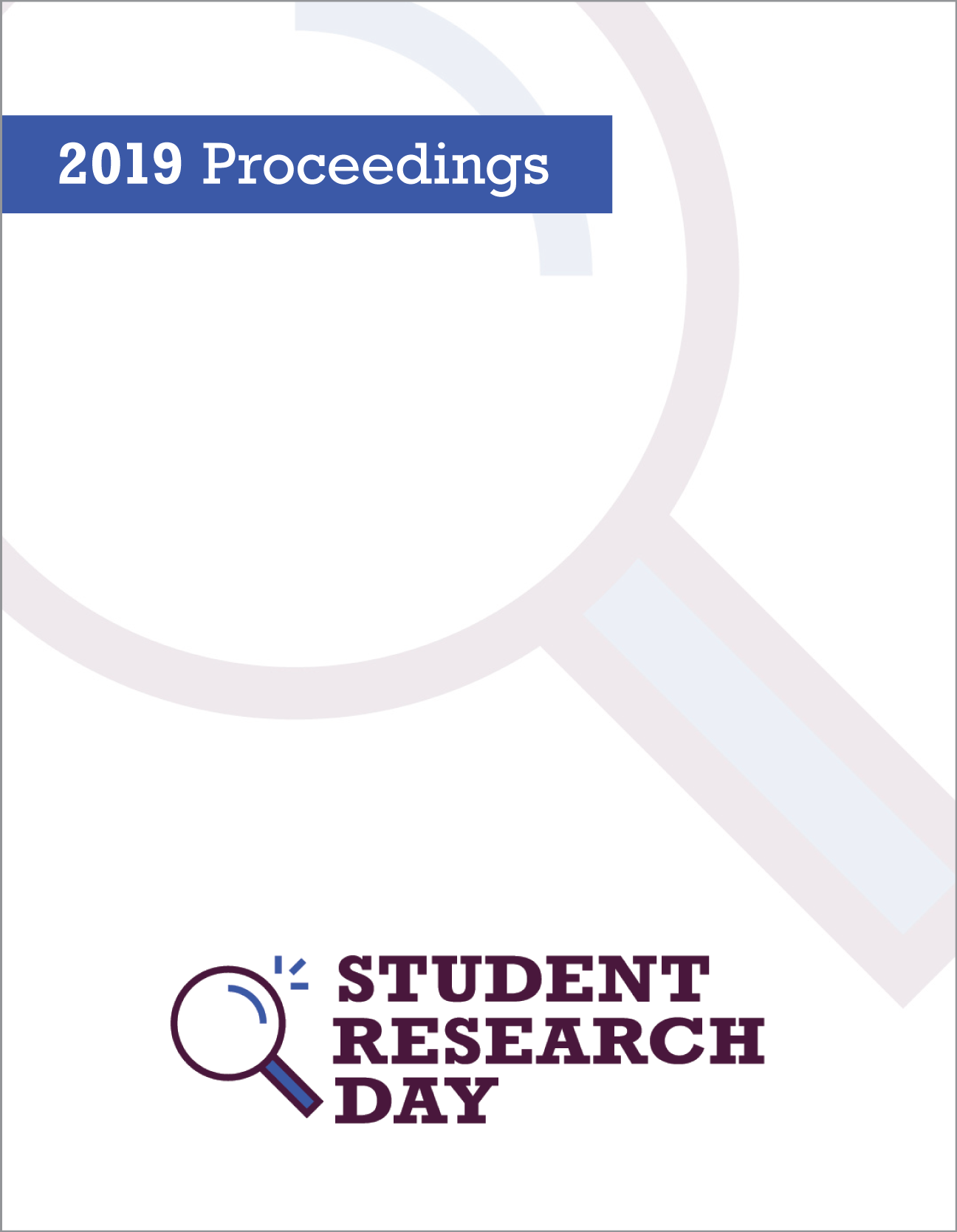Behavioural Strategies Associated with Academic Achievement
Abstract
The present research examined the types of self-management strategies associated with academic achievement. Undergraduate students (N=162) completed an online survey that assessed their use of several self-management strategies for studying—including implementation intentions (specific plans for when, where and what to study), self-rewards, and having access to a dedicated, pleasant and well-organized study environment—and their association with the completion of study plans, marks, and ability to concentrate while studying. Regression analyses revealed that study environment was significantly predictive of study plan completion (p<.001), marks (p=.036), and concentration ability (marginally, p=.066), while use of implementation intentions was significantly predictive of study plan completion (p<.001) and concentration ability (p=.005). Use of self-rewards was predictive of study plan completion only (p=.023). Students also rated the extent to which they scheduled both their study activities and leisure activities. Regression analyses indicated that both types of scheduling were significantly predictive of study plan completion (study scheduling: p<.001; leisure scheduling: p=.002) and concentration ability (p=.001 and p=.036, respectively), but were not predictive of marks. These findings have implications for the types of study advice offered to students, especially concerning the possible impact of one’s study environment and the scheduling of both leisure and study activities. Limitations of these findings include the use of self-report measures only and the correlational nature of the results which prevents the determination of cause-and-effect relationships.
Faculty Mentor: Russ Powell
Department: Psychology (Honours)
References
Published
Issue
Section
License
Authors retain any and all existing copyright to works contributed to these proceedings.



